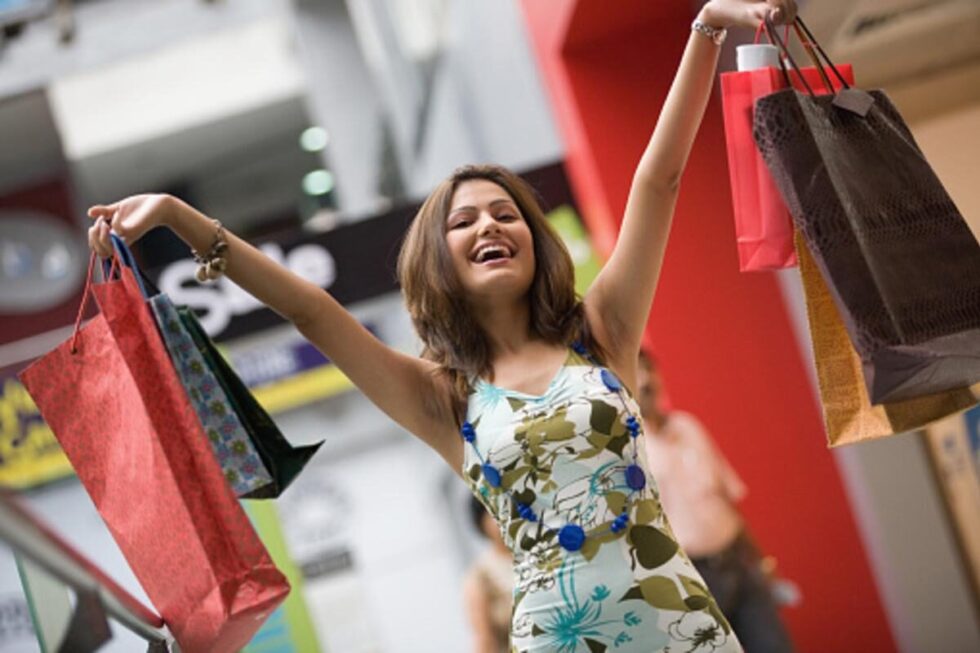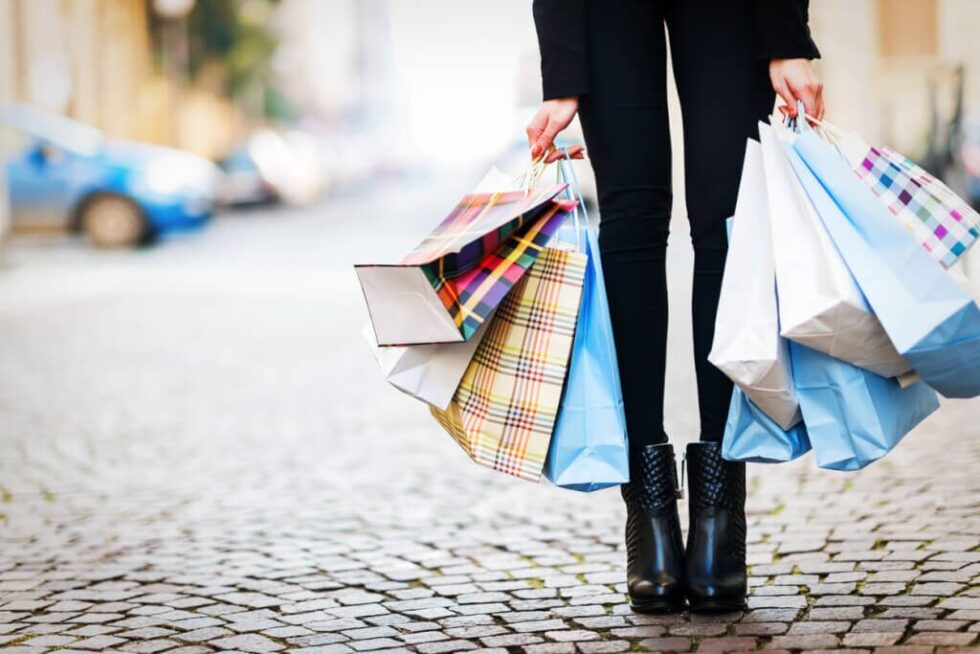Why do Germans waste over €3000 yearly on unnecessary items

Many Germans lose hundreds of euros every month on items that feel cheap at checkout but add up to serious waste. From bottled water to unused subscriptions, these “little expenses” can add up to thousands annually. Most of the time, people buy them out of habit, convenience, or marketing influence, not real need. The good news is that small lifestyle changes can significantly reduce household costs without reducing comfort. By replacing unnecessary purchases with smarter alternatives, families can save thousands of euros every year. More tips prepared by G.business.
Bottled water
Germany has some of the cleanest tap water in Europe, yet millions still buy bottled water weekly. A family of four can easily spend €800–1000 annually just on crates of mineral water. Apart from costs, bottled water creates plastic waste. A simple filter jug or SodaStream costs far less in the long run. This is one of the easiest savings Germans can make.
Better choice: filter jug, SodaStream, reusable bottles.
Plastic bags
Even though German supermarkets charge for bags, many still buy them at €0.20–0.50 each. For families shopping multiple times a week, this adds up to €50–70 a year. Reusable cloth bags or backpacks are stronger, more eco-friendly, and much cheaper. Once it becomes a habit, the savings are automatic. The bonus: no ripped plastic bags when carrying groceries.
Better choice: cloth bags, foldable shopping bags.
Paper towels
Disposable paper towels feel convenient, but they cost €200–300 yearly per household. They also create unnecessary waste. Microfiber cloths or washable rags last for months or years and are far more effective. Switching to reusable products is not only cheaper but also more sustainable. Many German families already made the shift to reduce both waste and costs.
Better choice: microfiber cloths, washable towels.
Prepackaged sauces and meals
Convenience foods are marketed as time savers, but they cost two to three times more than homemade meals. They also contain preservatives and excess salt. A tomato sauce made from passata costs less than half the price and is healthier. Cooking larger portions and freezing them saves both money and time. Over a year, this simple habit can cut hundreds of euros.
Better choice: homemade sauces, frozen portions, bulk spices.
Disposable batteries
Single-use batteries are a hidden cost for German households. Toys, remotes, and gadgets consume dozens yearly, adding up to €50–100. Rechargeable batteries with a USB charger pay for themselves quickly. They also reduce electronic waste. For families with children, this is a must-have swap.
Better choice: rechargeable batteries + charger.
Disposable razors
Cheap razors feel like a bargain but require frequent replacements. Over a year, that’s €100–150 spent on plastic. An electric shaver or safety razor lasts years and reduces waste. The shave is usually smoother and more comfortable as well. This one-time investment quickly pays for itself.
Better choice: electric shaver, safety razor.
Takeaway coffee
A daily coffee-to-go at €3 adds up to nearly €1000 yearly. Multiply by two coffees, and it’s over €2000. A moka pot or home espresso machine delivers better coffee at a fraction of the price. Carrying coffee in a thermos is a small lifestyle change with a big impact on savings. It’s an easy win for every coffee lover.
Better choice: home espresso machine, moka pot, thermos.
Cleaning products in small bottles
Branded sprays and small bottles cost up to four times more than bulk refills. A 5-liter canister saves both money and plastic waste. Many universal cleaners work for multiple surfaces, reducing the need for different products. Over a year, households save hundreds by buying larger packs. Smart shopping habits make cleaning cheaper and greener.
Better choice: refill packs, concentrates, universal cleaners.
Unused subscriptions
Streaming services, gyms, and apps pile up quickly. Many Germans pay for 4–5 subscriptions but use only one or two. That’s €300–600 wasted annually. A regular subscription check can halve these costs. Switching between services month-to-month ensures you pay only for what you actually use.
Better choice: one streaming service at a time, free alternatives.
Branded toiletries
Shampoos, soaps, and cosmetics from big brands often cost double compared to supermarket own-label products. Ingredient lists are nearly identical. Over a year, this small markup becomes hundreds of euros wasted. Own-brand toiletries are just as effective and much cheaper. Looking at price per liter helps spot marketing tricks.
Better choice: supermarket own brands, natural soap bars.
Savings cheat sheet
- Bottled water → €800–1000
- Paper towels → €200–300
- Takeaway coffee → €900–1200
- Disposable razors → €100–150
- Batteries → €50–100
- Subscriptions → €300–600
Total: over €3000 yearly

Everyday purchases often hide unnecessary expenses that seem small but add up over time. With just a few conscious choices, German households can save thousands of euros each year. Replacing disposable items, reducing unused subscriptions, and choosing cheaper alternatives are simple steps toward financial freedom. Smart spending does not mean giving up comfort — it means paying only for what truly matters. This way, families can strengthen their budgets while also living more sustainably and responsibly.
Stay connected for news that works — timely, factual, and free from opinion — and insights that matter now: What are the 10 proven tips to remove bad smells at home